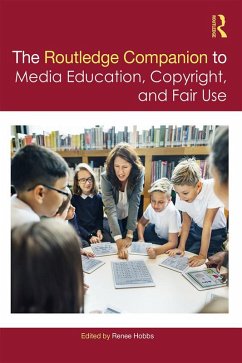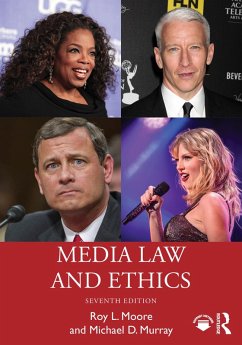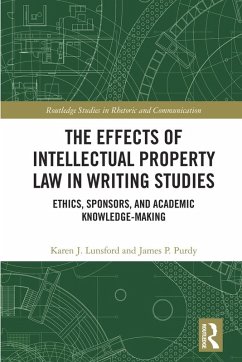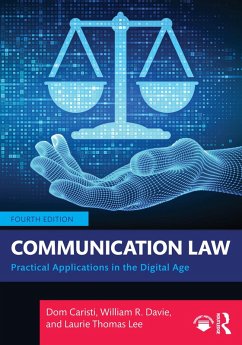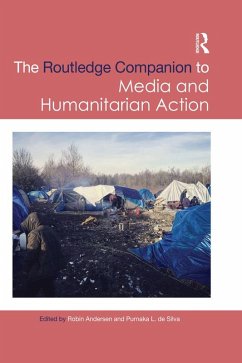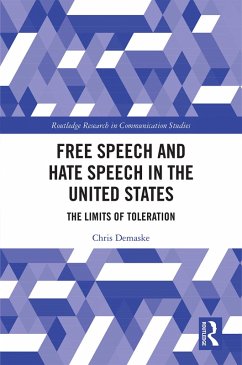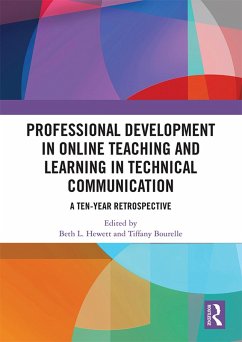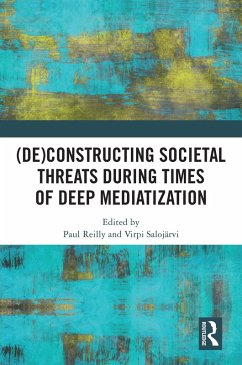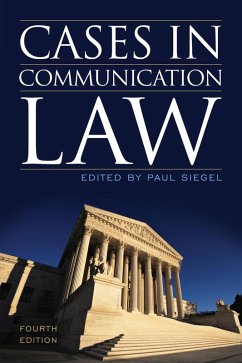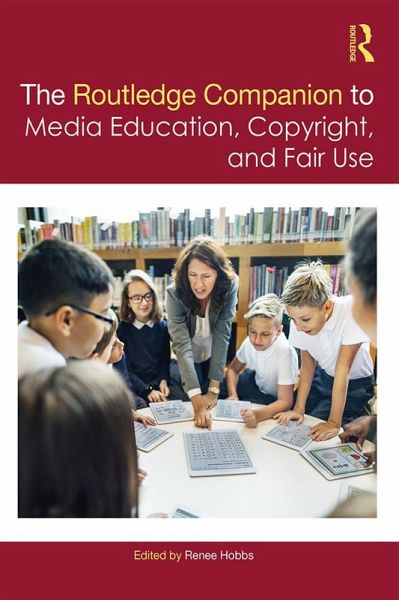
The Routledge Companion to Media Education, Copyright, and Fair Use (eBook, ePUB)
Versandkostenfrei!
Sofort per Download lieferbar
45,95 €
inkl. MwSt.
Weitere Ausgaben:

PAYBACK Punkte
23 °P sammeln!
Media literacy educators rely on the ability to make use of copyrighted materials from mass media, digital media and popular culture for both analysis and production activities. Whether they work in higher education, elementary and secondary schools, or in informal learning settings in libraries, community and non-profit organizations, educators know that the practice of media literacy depends on a robust interpretation of copyright and fair use. With chapters written by leading scholars and practitioners from the fields of media studies, education, writing and rhetoric, law and society, libra...
Media literacy educators rely on the ability to make use of copyrighted materials from mass media, digital media and popular culture for both analysis and production activities. Whether they work in higher education, elementary and secondary schools, or in informal learning settings in libraries, community and non-profit organizations, educators know that the practice of media literacy depends on a robust interpretation of copyright and fair use. With chapters written by leading scholars and practitioners from the fields of media studies, education, writing and rhetoric, law and society, library and information studies, and the digital humanities, this companion provides a scholarly and professional context for understanding the ways in which new conceptualizations of copyright and fair use are shaping the pedagogical practices of media literacy.
Dieser Download kann aus rechtlichen Gründen nur mit Rechnungsadresse in A, B, BG, CY, CZ, D, DK, EW, E, FIN, F, GR, HR, H, IRL, I, LT, L, LR, M, NL, PL, P, R, S, SLO, SK ausgeliefert werden.




